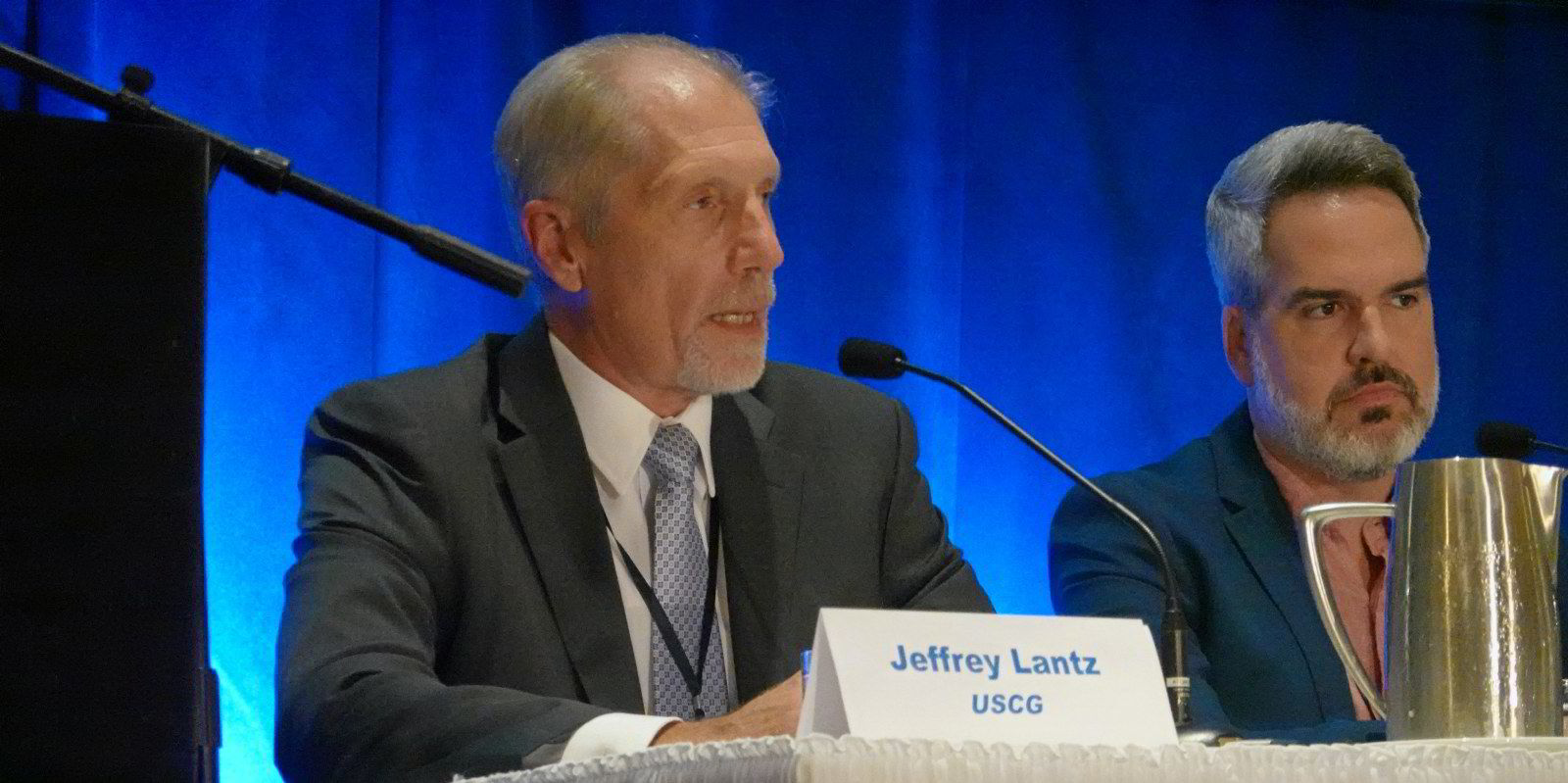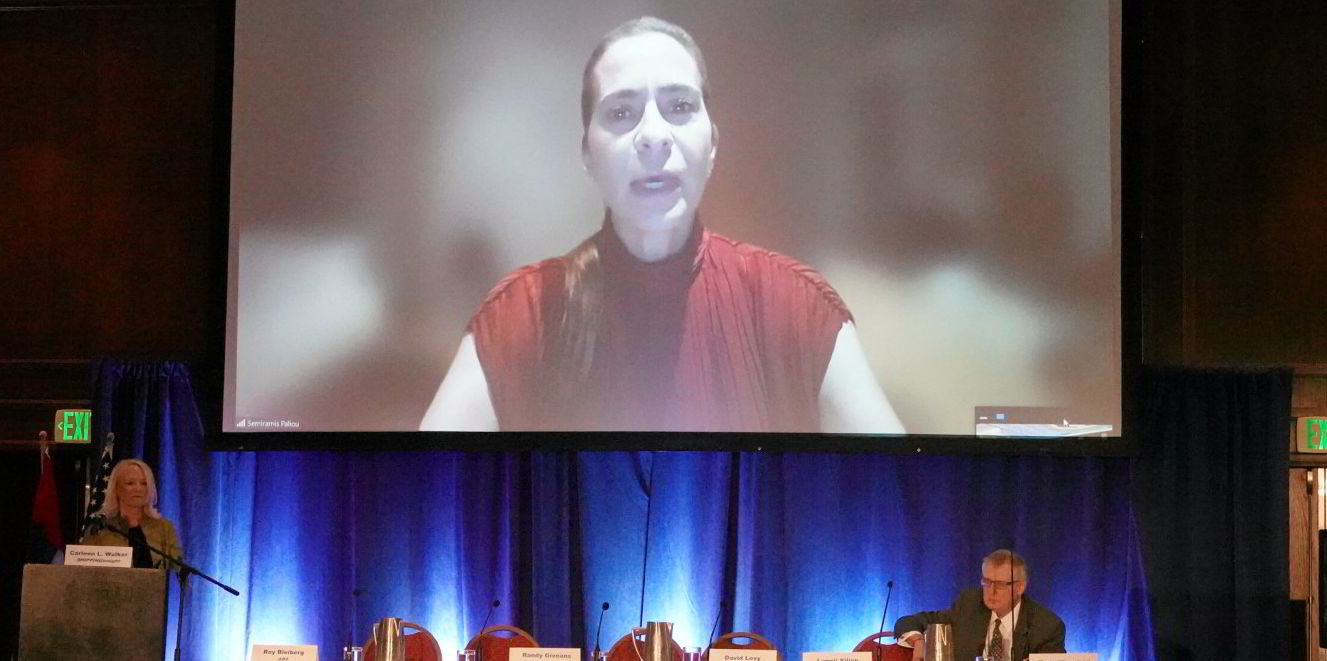A leading US delegate to the International Maritime Organization said the global shipping regulator needs to move faster on developing safety rules for alternative fuels.
Jeffrey Lantz, director of commercial regulations and standards at the US Coast Guard, expressed confidence that the global shipping regulator will adopt a zero-carbon goal for 2050.
But the IMO needs to do more than set its ambition.
“When it comes to the fuels, you also need to have the safety regulations in place so that an owner or a builder can build a ship, sell it and have confidence that that ship will trade worldwide and will be accepted in every port in the world,” he told the SHIPPINGInsight conference in Stamford.

He said the IMO has started down that path, but some countries, including the US, believe it needs to move more quickly to adopt safety rules.
The other flag-state official on the panel agreed.
Peter Southgate, regional director for the Americas at the Cayman Shipping Registry, said it is no surprise that there is not a single fuel that is a leading contender for shipping’s decarbonisation.
“Unfortunately in the maritime world, regulations developed through experience and history,” he said.
That experience is sometimes learned through major incidents, but Southgate said shipping cannot afford to have a significant accident with alternative fuels.
‘Tread carefully’
“We’ve got to tread very carefully,” he said.
But Brent Perry, chief executive of electrification company SHIFT Clean Energy, pointed to the US’ experience of going to the moon. A clear goal was set, but there were accidents along the way.
He said the shipping industry needs to change the way it thinks it is to meet its targets.
But the former shipyard executive said setting targets that are too ambitious is his real fear, because it raises the risk of being unable to deliver what has been promised.
“Batteries worked because we under-promised and over-delivered, and the financial payback inspired adoption,” he said.
“Now, we need to do far more than what we did with batteries. We need to create a global willingness to cooperate, which, as you guys know, at the IMO is a challenge.”
The IMO has been in discussions to up its greenhouse gas ambitions, from a current goal of chopping shipping’s carbon footprint in half in 2050.
Lantz said he believes there is enough agreement to set a new target at a Marine Environment Protection Committee meeting scheduled for next year.
“I expect that it will establish a goal of zero or net-zero by 2050,” he said.
But is that goal achievable? For Lantz and other panellists, reaching that target would require addressing the concerns of the various countries at the IMO, where many nations are worried about an equitable transition.
But Perry expressed concerns that there is a lack of committed infrastructure to reach that goal by 2050.
“I’m looking shipyards right now out to 2030,” he said. “And that’s just a fraction of the 400,000 commercial ships that operate today around the world.”




